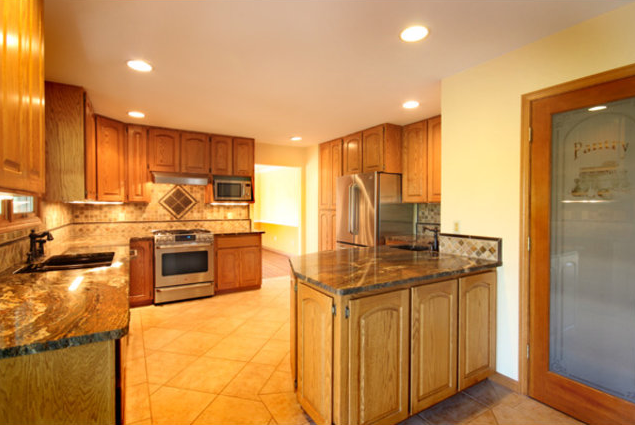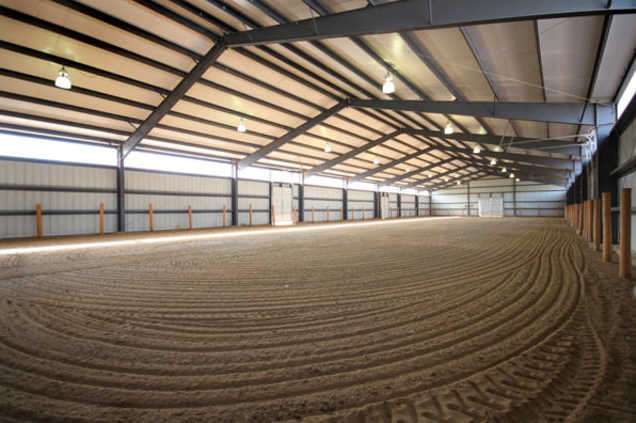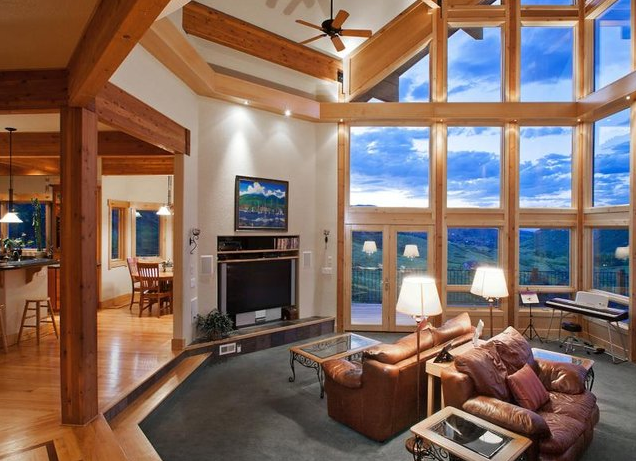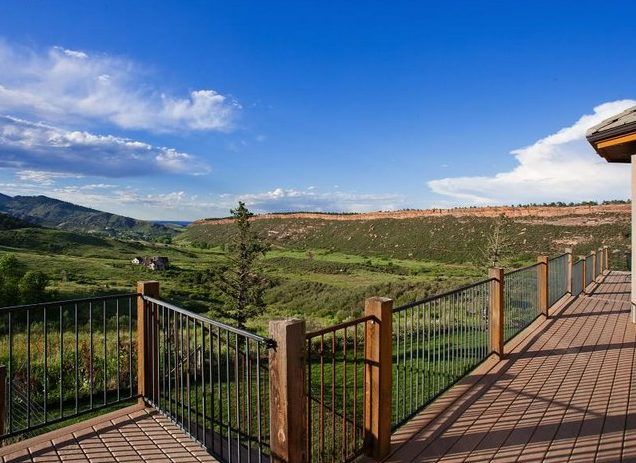This is where relying heavily on your agent or broker will pay off. Realtors have insight, tools, expertise and competencies that just can't be beat by a "zestimate" or assessors estimation of home value.
Arriving at an offer price is a bit of an art, where crafting a strategy can help you win, and a science, where crunching the numbers can back up an offer price. The best agents can help you sift through the data and really hone in on value. The following six steps are meant to be a step by step flow chart as you arrive at a strong offer price:
1) Do You Really Want the Home?
Some folks can get really hung up on convincing themselves they love the home, just because it might have a lower list price. Although the home doesn't meet any of their criteria, some people will actually find the good within the terrible. Just because you think you might be able to swing a killer deal, know the facts before jumping into a home you don't love, just because it might be on the cheap. Your Realtor will be able to help you understand the consequences of jumping into a fixer-upper, a foreclosure, or bank owned home. If you love the home, and it "checks all your boxes" move on to the next step...
 2) Can You Actually Afford the Home?
2) Can You Actually Afford the Home?I've seen it happen before, a buyer will set a max budget and be disappointed in what they can get for that max budget. This is where you can really rely on your lender to help explain the different options and where your max budget can be. Although you may qualify for much more than you're willing to spend, understand the risks of what could happen if you over extend yourself. A reasonable rule of thumb is that your monthly mortgage debt shouldn't account for over 25% of your gross monthly income. Consider the HOA dues, utilities, insurance, taxes and all the other things that go along with the home. On to the next step...
 3) Analyze the Market
3) Analyze the MarketThe real estate market is always changing. The pace picks up and slows down based on economic and seasonal factors. Chances are your Realtor will have their finger on the pulse of the real estate market and will be able to tell you where the market is heading based on experience and empirical data. Have your Realtor focus in the particular neighborhood in which your hopeful home lies. From there, your Realtor will be able to determine supply, demand, competition and other valuable data. Analyzing the market will help formulate your offer strategy.
4) Compare The Home
 This is where a Realtor's expertise will either shine through or fail you. You should request a Comparative Market Analysis (CMA) for the home you wish to put an offer in. It should compare recently sold homes, active listings and withdrawn/expired listings to give you a reasonable range to set your initial offer. Hone in on similar styles, condition, square footage and amenities and base your offer price off the data. Numbers never lie, and it is much easier to negotiate a stance based on concrete evidence rather than hoping to trick a professional. Once you've completed the CMA and analyzed the data, move on to the next step.
This is where a Realtor's expertise will either shine through or fail you. You should request a Comparative Market Analysis (CMA) for the home you wish to put an offer in. It should compare recently sold homes, active listings and withdrawn/expired listings to give you a reasonable range to set your initial offer. Hone in on similar styles, condition, square footage and amenities and base your offer price off the data. Numbers never lie, and it is much easier to negotiate a stance based on concrete evidence rather than hoping to trick a professional. Once you've completed the CMA and analyzed the data, move on to the next step.5) Consider Alternative Terms and Conditions
Just because you arrive at the highest offer price does not necessarily mean that the seller will accept your bid in a multiple offer situation. Terms and conditions play a big role in creating a strong offer. If you're able to come up with a larger down payment percentage, the seller can be further assured that you're financially stable. If you would rather not be out-of-pocket, you can ask the seller to pay your loan closing costs, typically referred to as "seller concessions". Make sure that your offer price reflects those concessions as to not insult the seller. On top of that, timing can play a big factor. A seller may need to sell their home fast to either move, or avoid foreclosure. Being able to close in 30 days may sway a seller, as opposed to a 45 day close. Terms and conditions might not affect your offer price, but they may help your offer get selected over another. After you've considered all of that, move on to the next step.
6) Arrive at Your Offer Price
You've done your homework and you're ready to set an offer price. This is where you need to back up your offer with strong data, evidence and market research. The better your data, the stronger chance you have at getting the house. There are 3 possible outcomes when setting your offer price, typically based on seller motivation(s):
- Steal
- AKA "Lowball Offers" - A steal is getting a property in a very distressed state or where motivating factors negatively impact the sellers decision making capabilities. These are estate sales, extreme fixer uppers, foreclosures and the like.
- Deal
- AKA "Testing the Waters" - Everyone is looking for a deal. The best "deal" homes are the least updated in a nice neighborhood, or the cheapest home in any given neighborhood. You may be able to get a deal if homes have been on the market a long time or if they have updating, or other work that needs to be done.
- Real
- AKA "Traditional Sale" - Now that we are in recovery mode, these traditional sales are becoming more and more common. Gone are the days where you can offer 15% below asking price and get the home of your dreams. In the current market you can get the following:
- A good home at a great price
- A great home at a good price
Regardless of your offer strategy, you should never make an offer significantly below where the market data and your realtor's advice suggest. Your offer price should be within a reasonable range of what the market data supports. Nobody, including your realtor, will ever be able to tell you the exact value of a home so you need to be able to make a decision and walk away from the home if you're expecting a steal and don't get the answer you want. Be honest in your dealings, and you will be treated honestly as well.
Good Luck!
Jared
Reimer is a real estate broker at Prudential Rocky Mountain Realtors in
Northern Colorado. Real estate is his
passion and he always wants to connect with like-minded and savvy real estate
fans. For more information or to get in
touch with Jared, please visit his website at www.ReimerRE.com or email him at JaredReimer@ReimerRE.com


















































